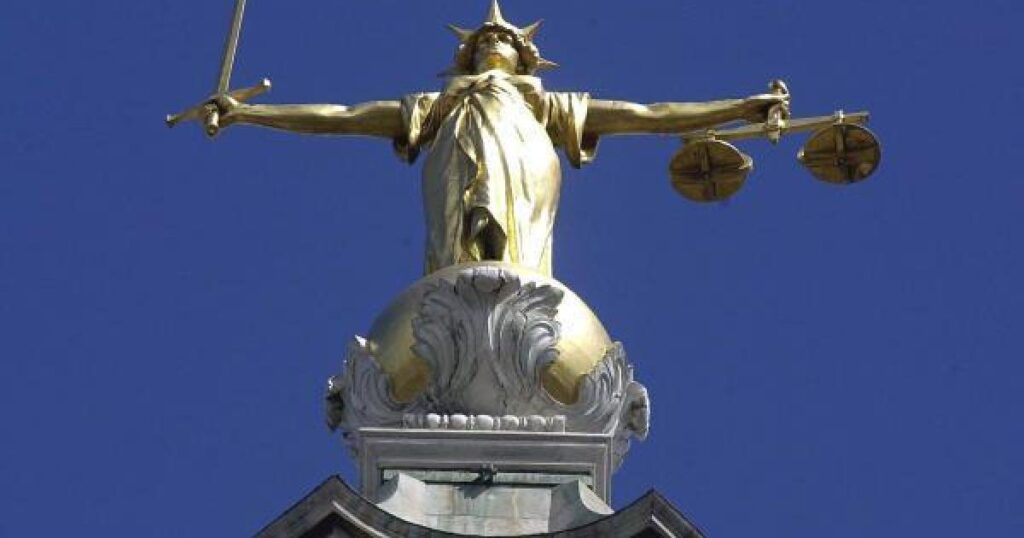You call the police and they arrest someone who matches the description nearby. You provide a statement, pick them out in a video ID parade and, after answering no comment to all questions, they are charged. The court decide to bail them and you are told you will be needed to give evidence in their trial.
You know you’re in for a reasonably long wait but, if someone told you, as Stephen Parkinson, the director of public prosecutions (DPP), told the Commons Justice Committee last week, that some trials are taking three years to come to court, you might feel cheated. You might be frightened too. Frightened the burglar might come back, frightened you might bump into the suspect and frightened your evidence might be tainted through the passage of time.
The DPP backed this up by telling MPs the Crown Prosecution Service (CPS) has seen a “very significant rise” in its outstanding caseload over the last four years and it now stands at 82,000 – 85 per cent higher than levels seen before the coronavirus pandemic. He recognises the impact on victims and witnesses and says the criminal justice system can’t keep going as it is if there is any hope of turning the tide on these delays. He suggests incentivising defence lawyers to encourage guilty pleas, reclassifying offences so more can be heard in the magistrates’ court and maximising crown court sitting times.
The criminal justice system is complex by any definition. It involves the police, CPS, defence solicitors, barristers, prisons, probation, healthcare providers, private contractors, support services, the court service, the magistracy and the judiciary. It takes just one of these to fail in some way or be overwhelmed, and the whole pack of cards comes tumbling down.
Earlier this year, The Law Society described the system as in crisis, characterised by crumbling courts and overcrowded prisons. They said: “There simply are not enough judges and lawyers to work on all the cases and… court buildings are not being used to their full capacity.” Insofar as the lack of lawyers is concerned, they put this down to a reduction in legal aid fees, increasing levels of stress and poor working conditions.
Add to this remand prisoners not arriving at court in time, evidence not being served correctly, late legal arguments and conflicting trials for barristers and judges it’s easy to draw the conclusion that those who hold the purse strings have little interest in bringing offenders to justice or acquitting the wrongly accused.
In a wholly unusual outpouring of frustration, recently, a judge at Leicester Crown Court on spotting two journalists in his court, set out the no-win dilemma he is faced with day in day out. In effect he has to decide who will stand trial this year and who will wait until 2025 or even 2026, and the effect on all the stakeholders was not lost on him.
Government after government promises it is going to be tough on crime, build more prisons and do more for victims. That is just hollow rhetoric without serious investment and, perhaps more crucially, a complete overhaul of the criminal justice system. Tinkering at the margins of one part of the system or another is like playing whackamole. The impacts of change over here will be felt over there.
Victims and witnesses put their lives on hold in stepping up to give evidence in criminal cases. They might be traumatised, they are certain to be nervous and all they read and hear about the experience of giving evidence is highly persuasive in them deciding it’s just not worth staying engaged.
If I was the person who disturbed the burglar, would I call the police? Yes. Would I provide a statement? Of course. Would I watch a video identification parade? I’d give it a go. Would I, on the other hand, hang around until all the criminal justice ducks were in a row so the defendant could be tried? I’d need to get back to you on that.
Former Brighton and Hove police chief Graham Bartlett’s Jo Howe crime novel series continues with City on Fire which is now available in paperback.
Source link
[Featured]
[Just In]




